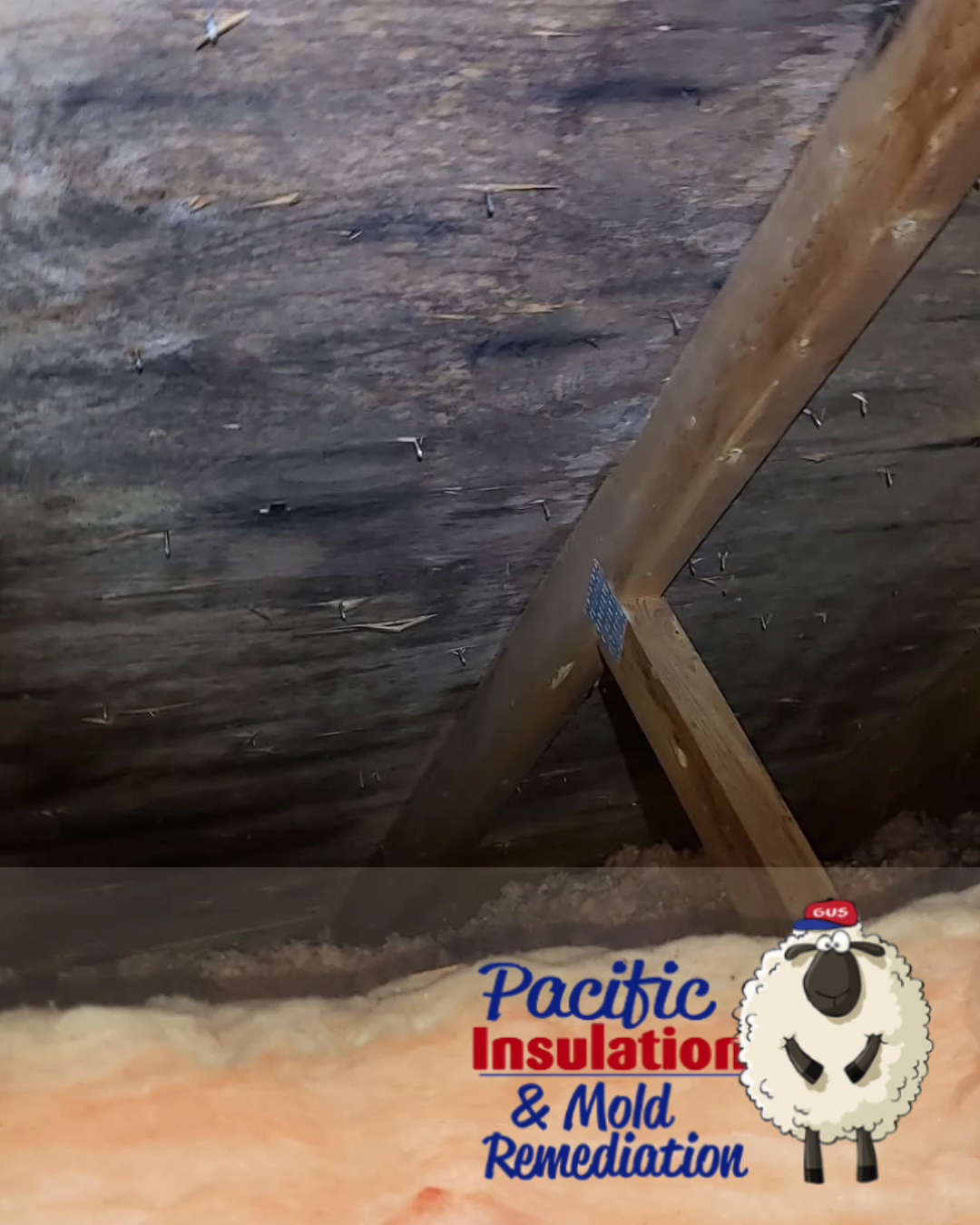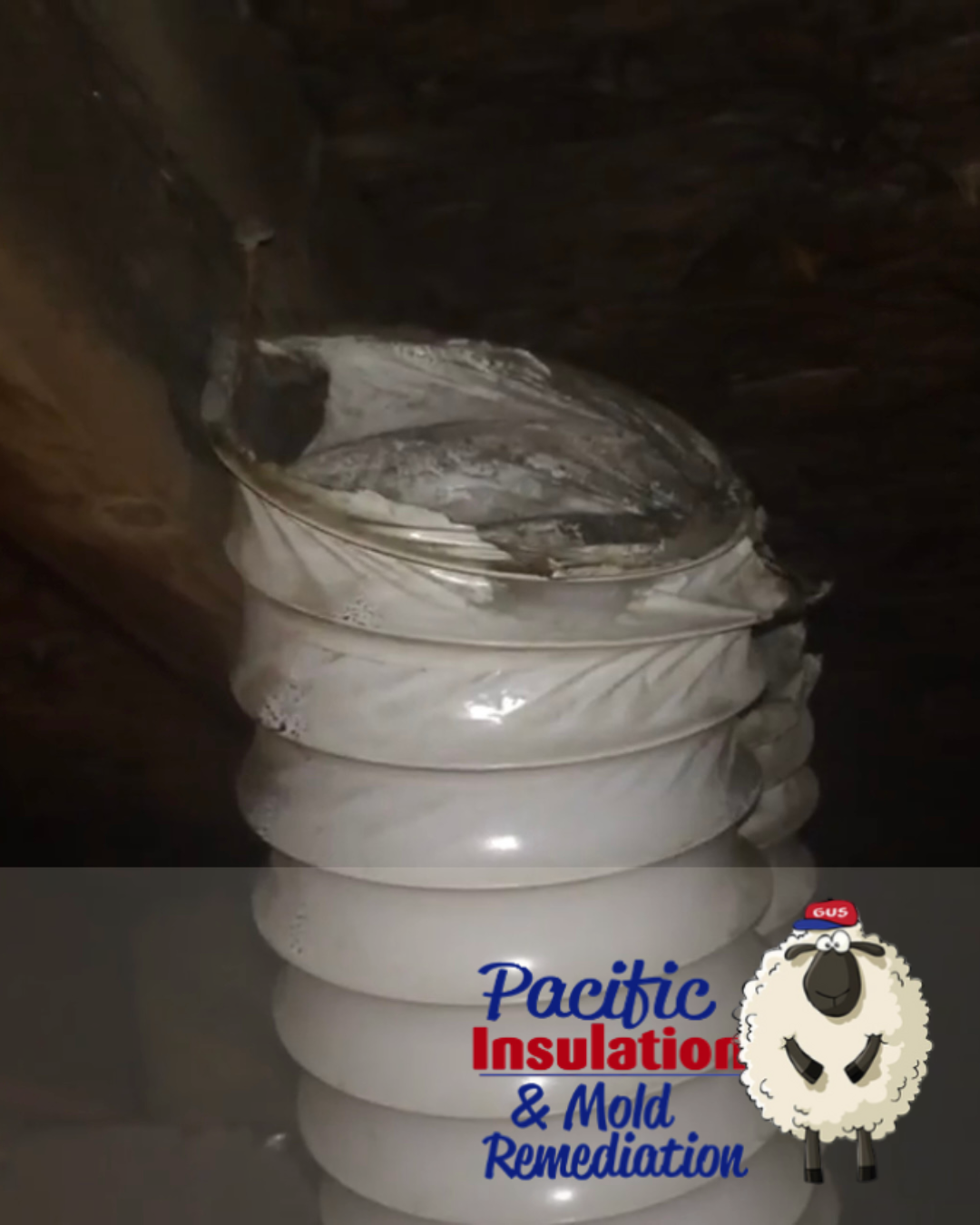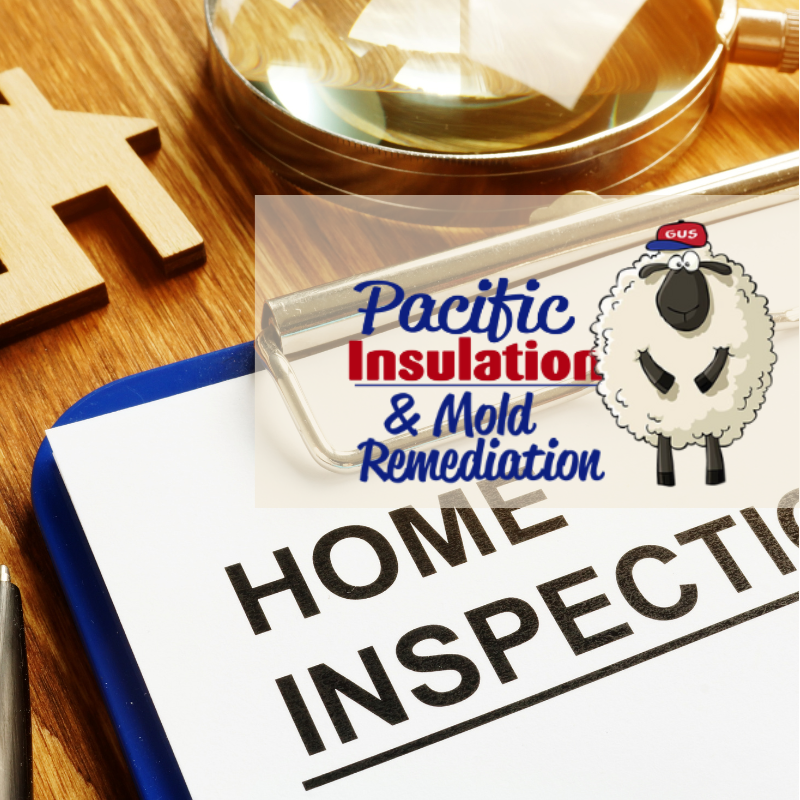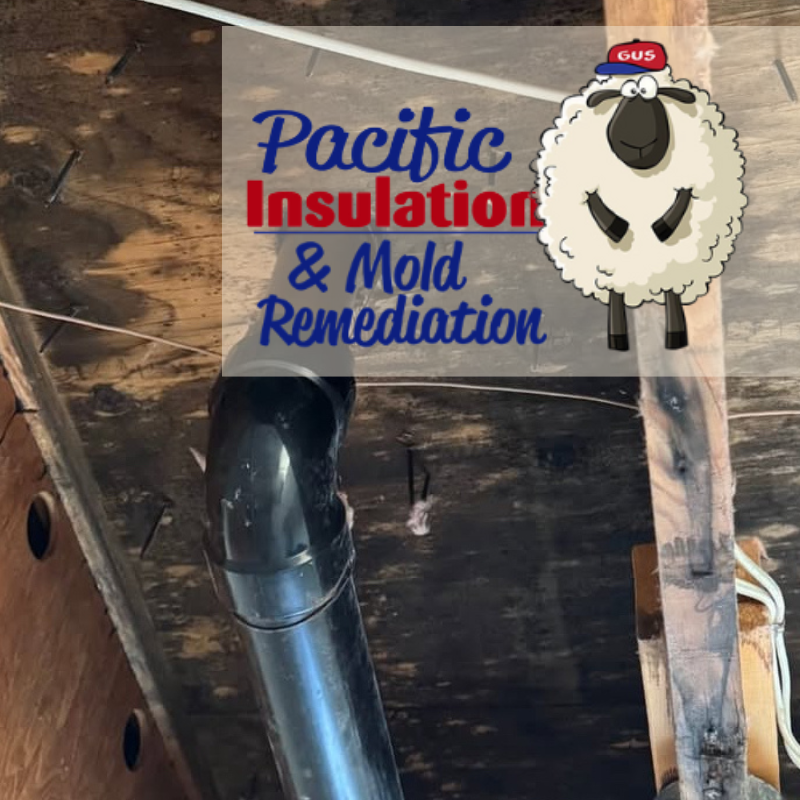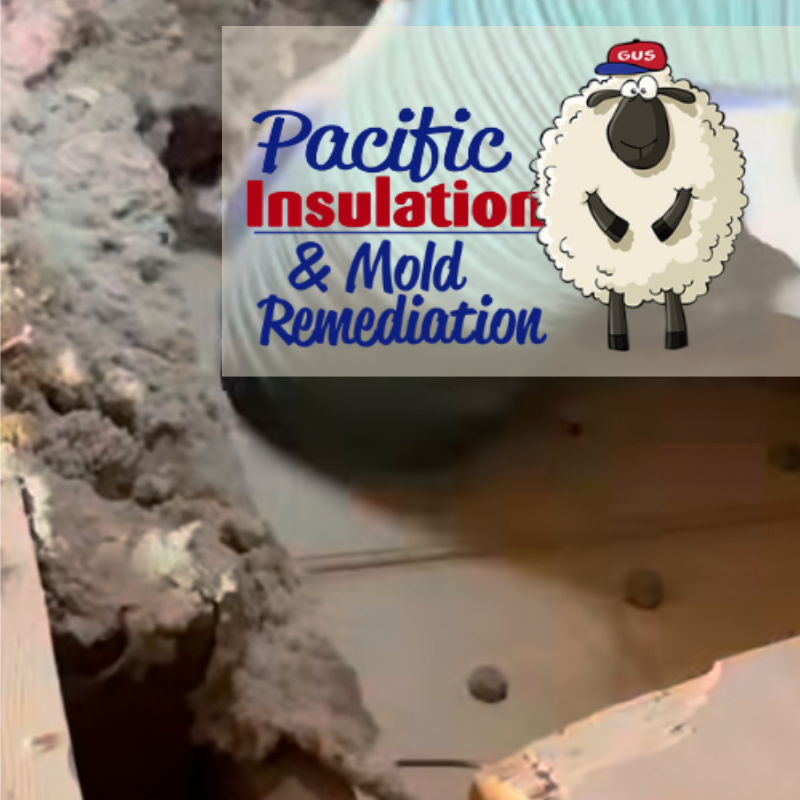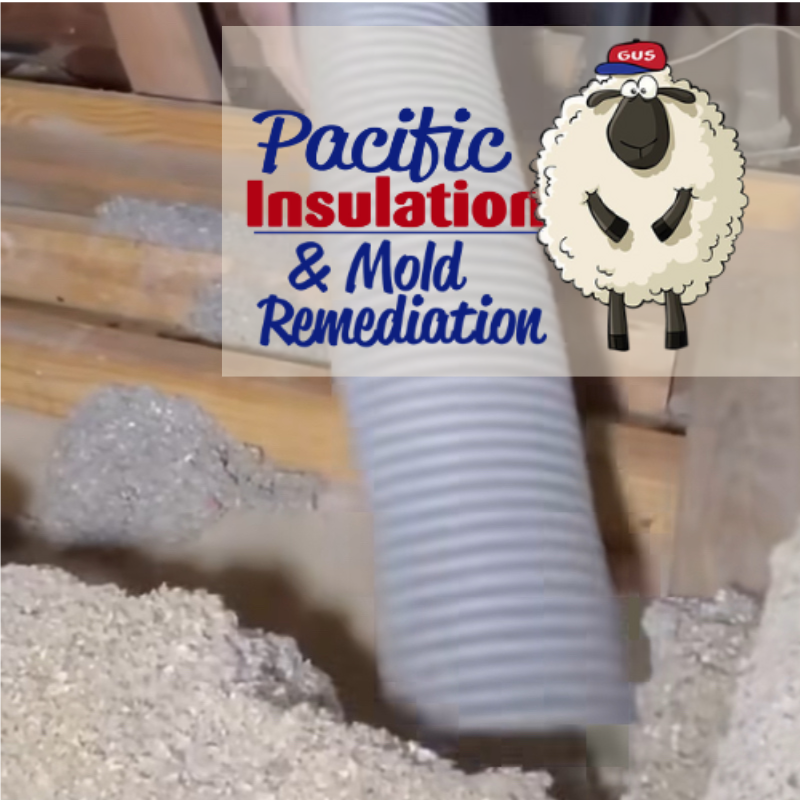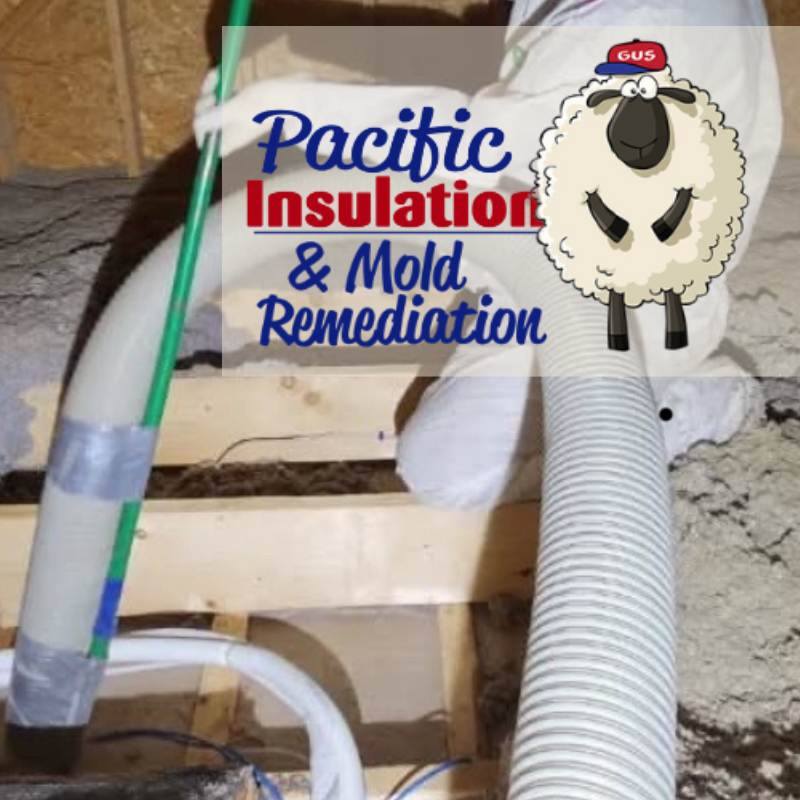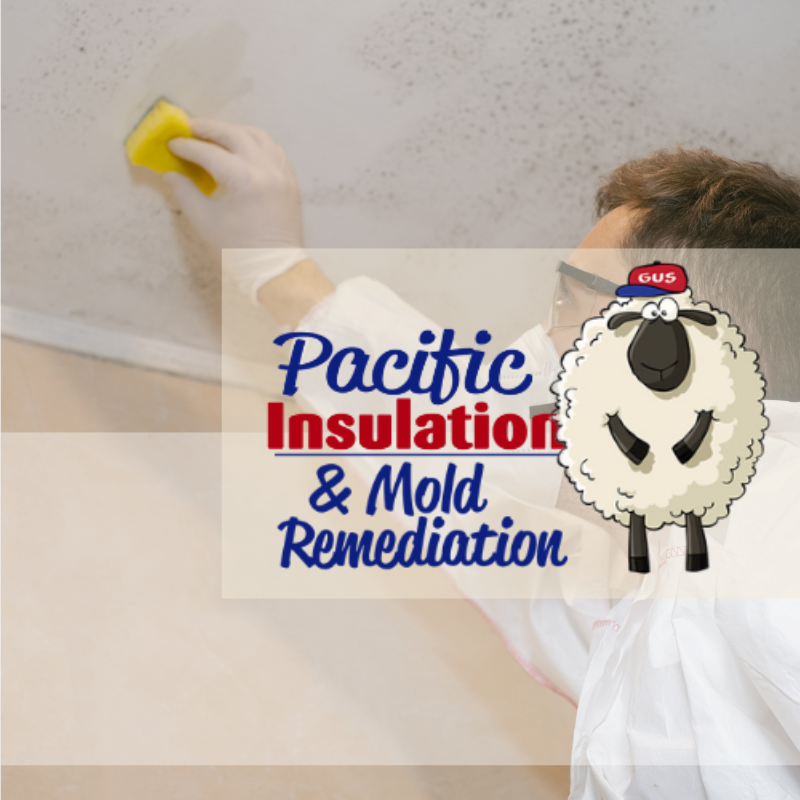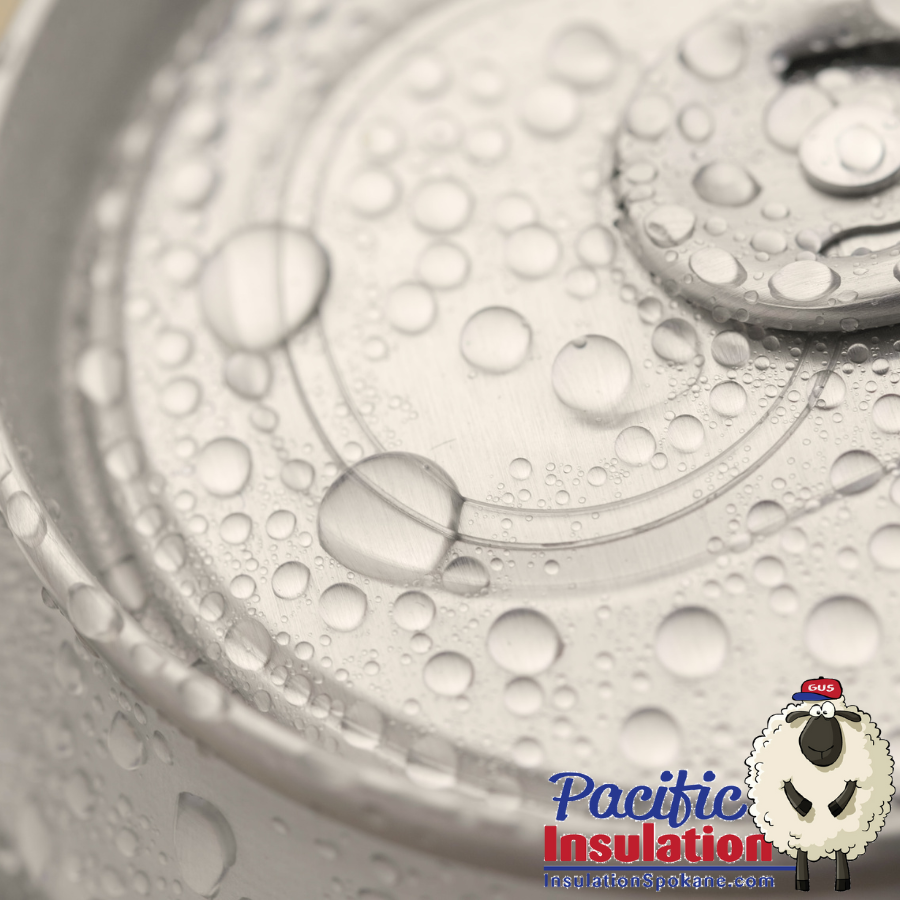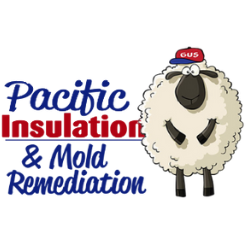What is Closed-Cell Spray Foam? A Complete Guide for Homeowners
What is Closed-Cell Spray Foam? A Complete Guide for Homeowners
If you’re looking for high-performance insulation for your home or business, you’ve likely heard of closed-cell spray foam. But what exactly is it, and how does it compare to other insulation options?
In this guide, we’ll break down everything you need to know about closed-cell spray foam insulation, including its benefits, applications, cost, and how it compares to open-cell spray foam.
What is Closed-Cell Spray Foam?
Closed-cell spray foam is a type of polyurethane insulation that is applied as a liquid and expands to form a dense, rigid foam. The term "closed-cell" refers to the foam's structure—each tiny bubble (or cell) is completely enclosed, making it denser, stronger, and more moisture-resistant than open-cell foam.
Key Features of Closed-Cell Spray Foam:
✔
High R-value (R-6 to R-7 per inch) for superior insulation.
✔
Air and moisture barrier (prevents water intrusion and mold growth).
✔
Structural reinforcement (adds strength to walls and roofs).
✔
Long lifespan (lasts 20–30 years or more).
How is Closed-Cell Spray Foam Installed?
1️⃣
Spray Application – A two-component mixture is sprayed onto surfaces using specialized equipment.
2️⃣
Rapid Expansion – The foam expands
30 to 50 times its original volume, sealing cracks and gaps.
3️⃣
Curing & Hardening – Within minutes, the foam solidifies into a
rigid and durable insulation layer.
⏳ Curing Time: Closed-cell spray foam fully cures within 24 hours, but it's recommended to vacate the area for at least 24–48 hours due to off-gassing.
What is the R-Value of Closed-Cell Spray Foam?
The R-value of insulation measures its resistance to heat transfer. The higher the R-value, the better the insulation.
- Closed-cell spray foam: R-6 to R-7 per inch
- Open-cell spray foam: R-3.5 to R-4 per inch
- Fiberglass batt insulation: R-2.9 to R-3.8 per inch
🔹 Why it Matters: Closed-cell spray foam provides twice the insulating power of open-cell spray foam and fiberglass, making it ideal for extreme climates like Kootenai County, where winters can be harsh.
Benefits of Closed-Cell Spray Foam
1. Superior Insulation Performance
Due to its high R-value, closed-cell spray foam significantly reduces heat loss in winter and keeps homes cooler in summer, leading to lower energy bills.
2. Creates an Air & Moisture Barrier
Unlike fiberglass or open-cell foam, closed-cell spray foam is completely moisture-resistant, making it ideal for areas prone to humidity, condensation, and water intrusion.
- Prevents mold and mildew growth
- Stops air leaks and drafts
- Protects against water damage
3. Strengthens Structures
Once cured, closed-cell spray foam adds rigidity and strength to walls, roofs, and floors, making it a great choice for:
✔ Hurricane and storm-prone areas
✔ Basements and crawl spaces
✔ Metal buildings and commercial properties
4. Long-Lasting & Durable
Unlike traditional insulation that can settle, shift, or degrade over time, closed-cell spray foam remains intact for 20–30 years or longer, with minimal maintenance.
5. Improves Indoor Air Quality
By sealing off air leaks, closed-cell spray foam reduces the infiltration of allergens, dust, and outdoor pollutants, leading to a healthier indoor environment.
Where Can You Use Closed-Cell Spray Foam?
✅
Exterior Walls – Provides top-tier insulation and weatherproofing.
✅
Attics & Roofs – Prevents heat loss and air leaks.
✅
Basements & Crawl Spaces – Stops moisture intrusion and mold growth.
✅
Pole Barns & Metal Buildings – Adds insulation and strengthens the structure.
✅
Commercial Buildings – Ideal for warehouses, offices, and retail spaces.
Closed-Cell vs. Open-Cell Spray Foam: What’s the Difference?
FeatureClosed-Cell Spray FoamOpen-Cell Spray FoamR-ValueR-6 to R-7 per inchR-3.5 to R-4 per inchDensityDense & rigidSoft & spongyWater ResistanceWaterproofAbsorbs moistureAir SealingExcellentGood, but less effectiveStrengthAdds structural supportDoes not reinforce wallsCostMore expensiveMore affordable
🔹 Which One Should You Choose?
- If you need maximum insulation, moisture resistance, and structural strength, go with closed-cell spray foam.
- If you want a budget-friendly, soundproofing option for interior walls or ceilings, open-cell spray foam is a better choice.
How Much Does Closed-Cell Spray Foam Cost?
The cost of closed-cell spray foam insulation depends on factors like thickness, area size, and labor costs.
Average Costs Per Board Foot (1 sq. ft. at 1” thick):
- Closed-cell spray foam: $1.00 – $1.50 per board foot
- Open-cell spray foam: $0.44 – $0.65 per board foot
Estimated Costs for Common Applications:
- Attic (1,000 sq. ft.): $4,000 – $7,000
- Walls (1,500 sq. ft.): $6,000 – $10,000
- Crawl space (800 sq. ft.): $3,000 – $5,000
🔹
Is It Worth It?
Yes! While closed-cell spray foam
has a higher upfront cost, its
energy savings, durability, and moisture resistance make it a
long-term investment that pays off in
lower utility bills and reduced maintenance.
Potential Downsides of Closed-Cell Spray Foam
While closed-cell spray foam is an excellent insulation option, it does have a few drawbacks:
⚠
Higher Cost – More expensive than fiberglass, cellulose, or open-cell spray foam.
⚠
Professional Installation Required – Needs specialized equipment and expertise.
⚠
Off-Gassing During Curing – Requires proper ventilation for 24–48 hours after installation.
⚠
Not Ideal for Soundproofing – Because it’s so dense, closed-cell foam is
less effective at absorbing sound than open-cell foam.
Is Closed-Cell Spray Foam Right for Your Home?
✅
Choose Closed-Cell Spray Foam If:
✔ You need
maximum energy efficiency and
high R-value insulation.
✔ You want
moisture protection for basements, crawl spaces, or metal buildings.
✔ You need
structural reinforcement for your walls or roof.
✔ You live in
extreme climates and need
high-performance insulation.
🚫
Consider Other Options If:
❌ You’re on a
tight budget and need a more affordable insulation solution.
❌ You need
better soundproofing (open-cell foam works better for noise reduction).
❌ You prefer a
DIY insulation option (closed-cell foam requires professional installation).
Final Thoughts: Is Closed-Cell Spray Foam Worth It?
Yes! Closed-cell spray foam is one of the best insulation options for energy savings, moisture resistance, and long-term durability. While it has a higher upfront cost, it provides superior performance, lower energy bills, and added structural support, making it a smart investment for homeowners in Kootenai County and beyond.
Need Help Choosing the Right Insulation?
If you’re considering closed-cell spray foam and need expert advice or a local contractor recommendation, let me know! I’m happy to help. 🔧🏡
